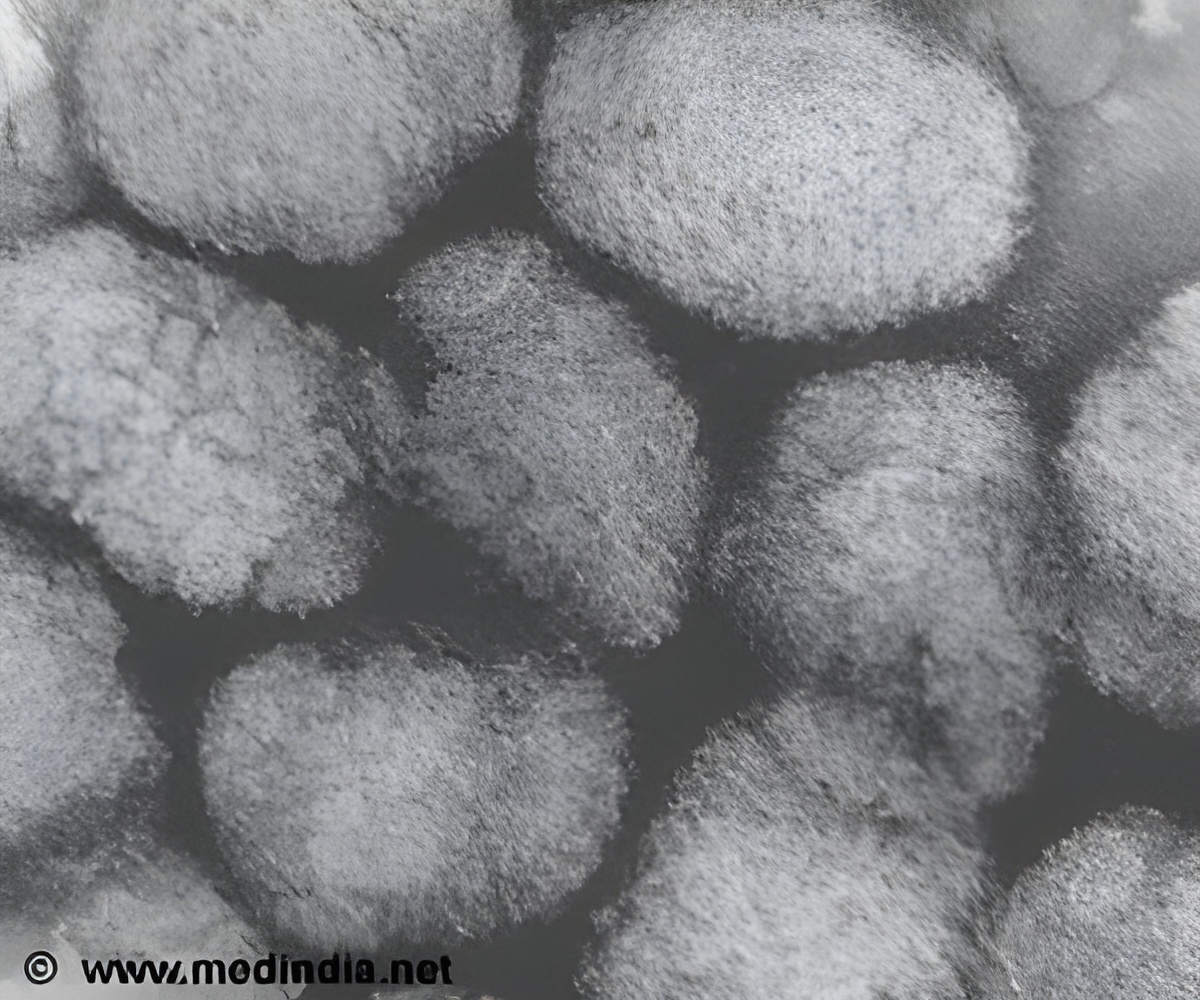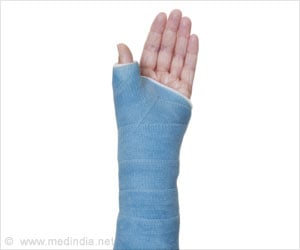A new study has reportedly developed a new breakthrough that may help counter the deadly Nipah virus. The human monoclonal antibody known as m102.4 is the first effective antiviral treatment for Nipah that has the potential for human therapeutic applications.
Nipah and the closely related Hendra virus are highly infectious agents that emerged from Pteropid fruit bats in the 1990s, causing serious disease outbreaks in a variety of domestic animals and humans in Australia, Malaysia, Singapore, Bangladesh and India. Recent Nipah outbreaks have resulted in acute respiratory distress syndrome and encephalitis, person-to-person transmission and greater than 90 percent fatality rates among people. These properties make both Nipah and Hendra viruses a concern to human and livestock health. Previous studies conducted by these researchers have found that the patented m102.4 antibody therapy could protect nonhuman primates from a deadly Hendra infection. In a paper appearing in
Science Translational Medicine on June 25, the group describes the human monoclonal antibody therapy that protected nonhuman primates from disease at several time points after Nipah exposure, including the onset of clinical illness in this lethal disease.
"What makes this study unique is that we have achieved complete protection against death even in animals that received treatment five days after being infected with the Nipah virus when they otherwise would have succumbed within 8-10 days of infection," according to UTMB professor Thomas Geisbert, first author of the paper. "This recent success of the antibody therapy against Nipah virus disease in a nonhuman primate is a key step towards its development as a therapeutic for use in people."
Christopher Broder, USU professor and Geisbert's fellow senior author, stated that because of the new data and previous work with this antibody with Hendra virus experiments, "there was sufficient interest for the Queensland government in Australia to initiate a phase I clinical safety trial with m102.4 that is set to commence later this year."
Source-Eurekalert











